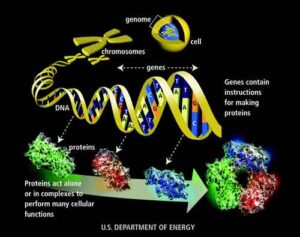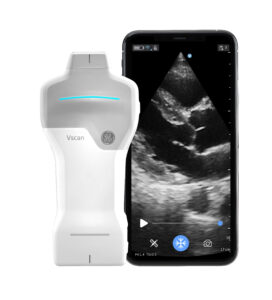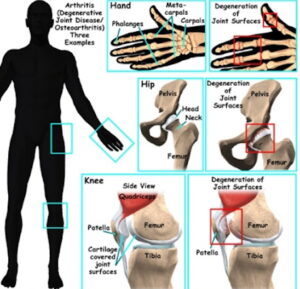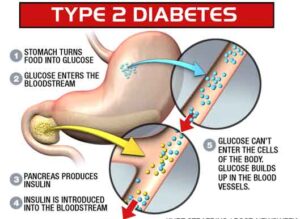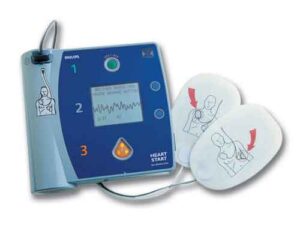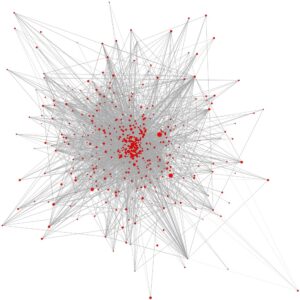TEVA annuncia parere favorevole della Corte di Giustizia UK sulla violazione del brevetto di Copaxone
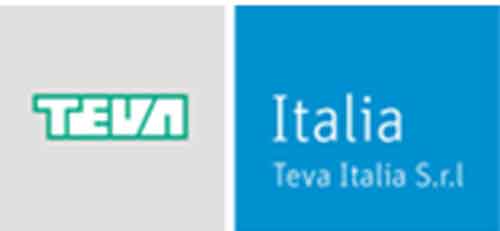
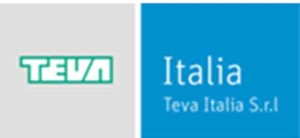 GERUSALEMME, 23 luglio 2012 – Teva Pharmaceutical Industries Ltd. (NYSE: TEVA) ha annunciato che l’11 luglio 2012 l’Alta Corte di Giustizia del Regno Unito ha emesso una sentenza a favore di Teva nel contenzioso sul brevetto contro Generics (UK) Limited, una società controllata da Mylan Laboratories Inc..
GERUSALEMME, 23 luglio 2012 – Teva Pharmaceutical Industries Ltd. (NYSE: TEVA) ha annunciato che l’11 luglio 2012 l’Alta Corte di Giustizia del Regno Unito ha emesso una sentenza a favore di Teva nel contenzioso sul brevetto contro Generics (UK) Limited, una società controllata da Mylan Laboratories Inc..
Generics (UK) Limited ha avviato il procedimento nel Regno Unito per ottenere la revoca del brevetto europeo (UK) 762.888, brevetto per Copaxone® (glatiramer acetato soluzione iniettabile), con scadenza il 23 Maggio 2015, e una pronuncia che stabilisca che la versione generica di Copaxone® proposta non violerebbe il brevetto 888. L’Alta Corte in particolare ha stabilito che le rivendicazioni asserite per il brevetto 888 erano valide e ha respinto la richiesta della ricorrente di rilasciare una dichiarazione in base alla quale la versione generica di Copaxone® proposta da Generics UK non violerebbe il brevetto 888.
Qualsiasi ipotetica versione generica di Copaxone® richiede un’autorizzazione all’immissione in commercio da parte del Medicines and Healthcare products Regulatory Agency (MHRA) prima di poter essere commercializzata.
TEVA
Teva Pharmaceutical Industries Ltd, è tra le prime aziende al mondo nel settore farmaceutico, da sempre impegnata nel rendere accessibili terapie di cura di alta qualità attraverso lo sviluppo, la produzione e la commercializzazione sia di farmaci equivalenti che di farmaci innovativi, specialità farmaceutiche e principi attivi. Con sede centrale in Israele, Teva è la leader mondiale nel mercato dei farmaci equivalenti, con un portfolio prodotti globale di oltre 1300 molecole e una presenza diretta in circa 60 Paesi. Le aree terapeutiche su cui Teva concentra le sue attività brand sono il SNC, l’oncologia, il dolore, l’apparato respiratorio, la salute della donna così come le biotecnologie.
Teva oggi conta 46000 dipendenti nel mondo e nel 2011 ha registrato un fatturato mondiale di 18,3 miliardi di dollari.
Teva’s Safe Harbor Statement under the U. S. Private Securities Litigation Reform Act of 1995:
This release contains forward-looking statements, which express the current beliefs and expectations of management. Such statements are based on management’s current beliefs and expectations and involve a number of known and unknown risks and uncertainties that could cause our future results, performance or achievements to differ significantly from the results, performance or achievements expressed or implied by such forward-looking statements, including statements relating to the results of the GALA phase III trial and the potential efficacy or future market or marketability of glatiramer acetate 40 mg/1 ml. Following further analysis, Teva’s interpretation of the results could differ materially depending on a number of factors, and we caution investors not to place undue reliance on the forward-looking statements contained in this press release as there can be no guarantee that the results from the phase III trial discussed in this press release will be confirmed upon full analysis of the results of the trial and additional information relating to the safety, efficacy or tolerability of glatiramer acetate 40 mg/1 ml may be discovered upon further analysis of data from the phase III trial. Even if the results described in this release are confirmed upon full analysis of the GALA study, we cannot guarantee that glatiramer acetate 40 mg/1 ml will be approved for marketing in a timely manner, if at all, by regulatory authorities in the EU or in the U.S. Important factors that could cause or contribute to such differences include risks relating to: our ability to develop and commercialize additional pharmaceutical products, competition for our innovative products, especially Copaxone® (including competition from innovative orally-administered alternatives, as well as from potential generic equivalents), competition for our generic products (including from other pharmaceutical companies and as a result of increased governmental pricing pressures), competition for our specialty pharmaceutical businesses, our ability to achieve expected results through our innovative R&D efforts, the effectiveness of our patents and other protections for innovative products, decreasing opportunities to obtain U.S. market exclusivity for significant new generic products, our ability to identify, consummate and successfully integrate acquisitions (including the acquisition of Cephalon), the effects of increased leverage as a result of the acquisition of Cephalon, the extent to which any manufacturing or quality control problems damage our reputation for high quality production and require costly remediation, our potential exposure to product liability claims to the extent not covered by insurance, increased government scrutiny in both the U.S. and Europe of our agreements with brand companies, potential liability for sales of generic products prior to a final resolution of outstanding patent litigation, including that relating to the generic version of Protonix®, our exposure to currency fluctuations and restrictions as well as credit risks, the effects of reforms in healthcare regulation and pharmaceutical pricing and reimbursement, any failures to comply with complex Medicare and Medicaid reporting and payment obligations, governmental investigations into sales and marketing practices (particularly for our specialty pharmaceutical products), uncertainties surrounding the legislative and regulatory pathway for the registration and approval of biotechnology-based products, adverse effects of political or economical instability, major hostilities or acts of terrorism on our significant worldwide operations, interruptions in our supply chain or problems with our information technology systems that adversely affect our complex manufacturing processes, any failure to retain key personnel (including Cephalon employees) or to attract additional executive and managerial talent, the impact of continuing consolidation of our distributors and customers, variations in patent laws that may adversely affect our ability to manufacture our products in the most efficient manner, potentially significant impairments of intangible assets and goodwill, potential increases in tax liabilities, the termination or expiration of governmental programs or tax benefits, environmental risks and other factors that are discussed in our Annual Report on Form 20-F for the year ended December 31, 2011 and in our other filings with the U.S. Securities and Exchange Commission. Forward-looking statements speak only as of the date on which they are made and the Company undertakes no obligation to update or revise any forward-looking statement, whether as a result of new information, future events or otherwise.

